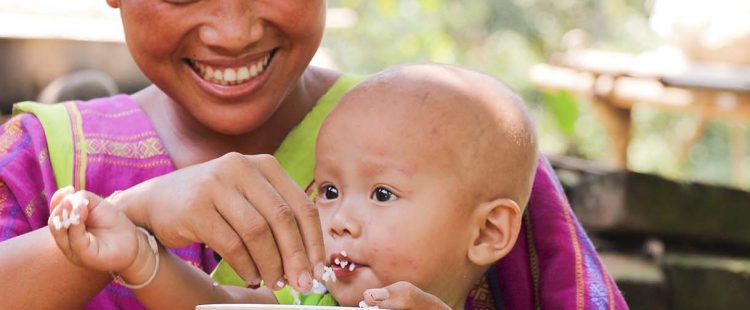IFPRI has over four decades of experience conducting research and outreach in Bangladesh. IFPRI has undertaken rigorous evaluations using randomized controlled trials of several programs in Bangladesh, including Alive & Thrive, IFPRI-WFP’s Transfer Modality Research Initiative (TMRI), and the IFPRI-designed and Ministry-led Agriculture, Nutrition, and Gender Linkages (ANGeL) project. IFPRI has also designed and conducted large-scale household surveys like the Bangladesh Integrated Household Survey and has proven capacity to administer rapid yet rigorous phone surveys amid the pandemic.
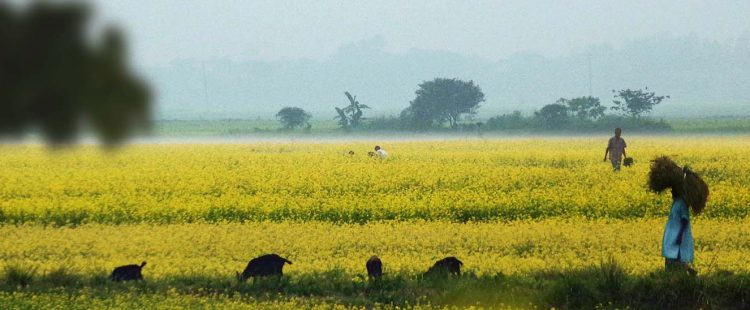
Policy Research and Strategy Support Program (PRSSP)
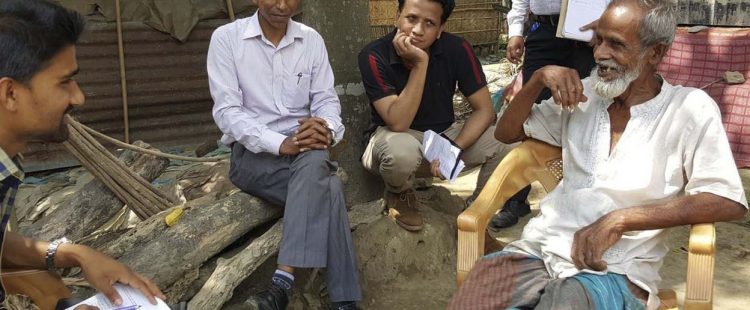
Bangladesh Integrated Household Survey (BIHS)
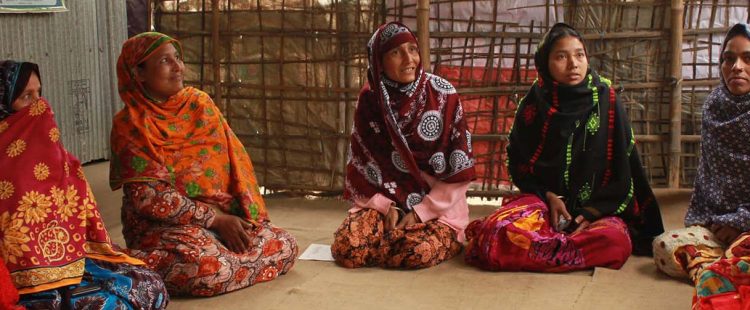
Transfer Modality Research Initiative (TMRI)
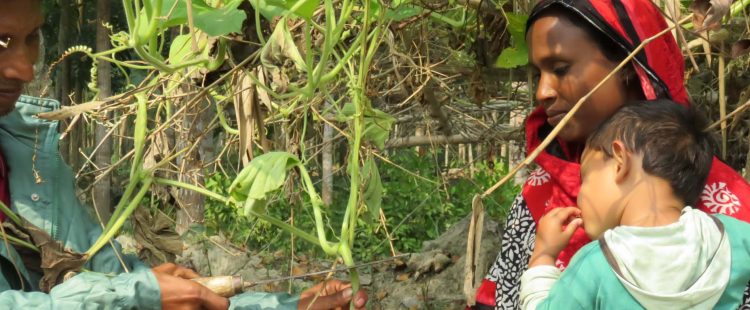
Agriculture Nutrition and Gender Linkages (ANGeL)
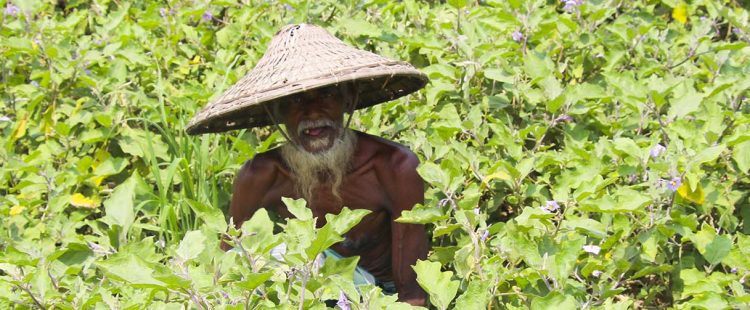
BT Brinjal Impact Assessment
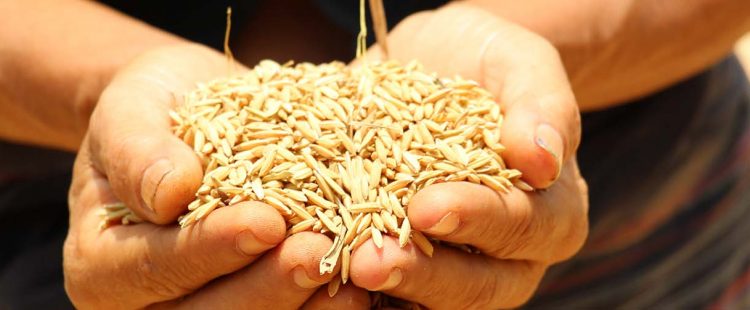
Integrated Food Policy Research Program (IFPRP)
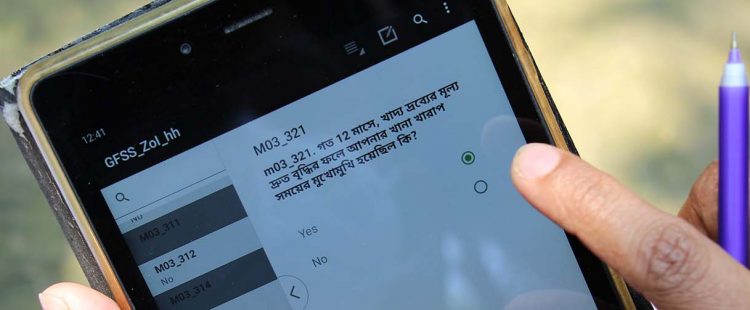
Bangladesh Agricultural Policy Activity
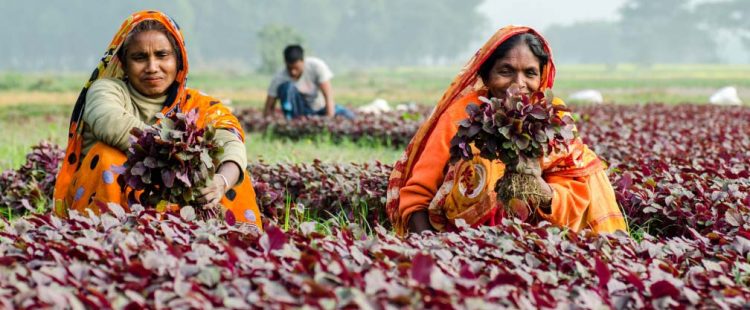
Feed the Future Bangladesh Research Activity
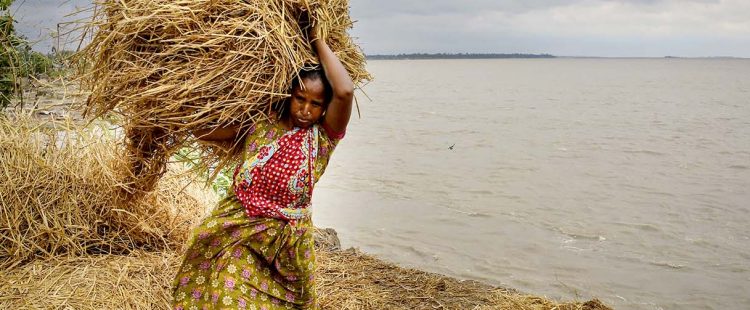
Climate Change X Agriculture
